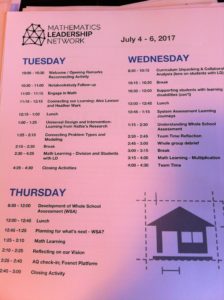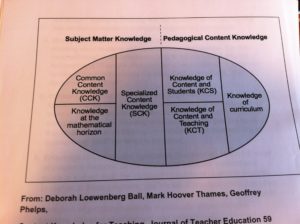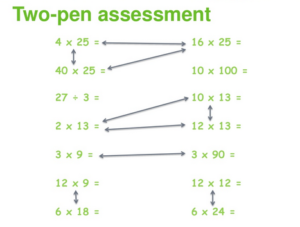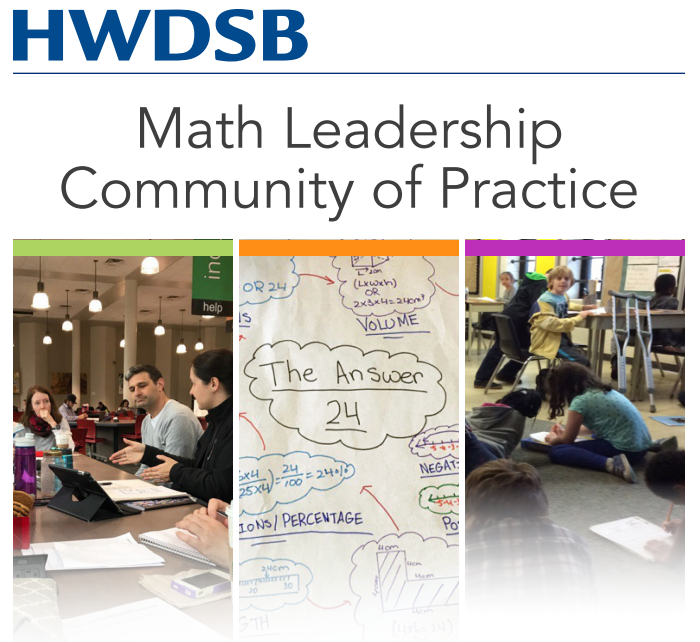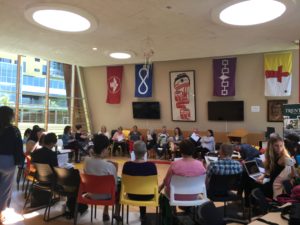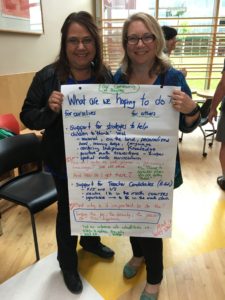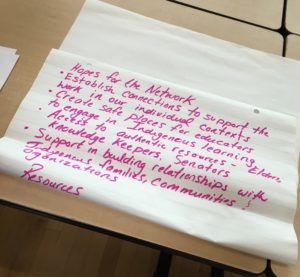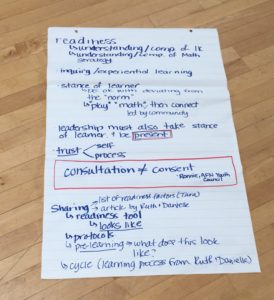In the spring of 2015, the Trustees of the Greater Essex County District School Board (GECDSB) approved a motion for the formation of a “Math Task Force.” Its purpose was to examine the practices of mathematics teaching and learning from multiple perspectives within the GECDSB, and to advise Senior Administration and the Board of Trustees as to how best to support future planning in the area of mathematical teaching and learning.
In the spring of 2016 the GECDSB released a report from the work of the Math Task Force. One of the areas examined in this report was that of mathematics leader and mathematics leadership. In the first year of implementation of the recommendations from the report, the GECDSB focused on building mathematics content, pedagogy, and leadership capacity of lead-learners. These lead-learners were identified as formal leaders (central office and administration) and school-based mathematics learning teams.
The GECDSB Math Task Force continues to meet and discuss implementations of the Board’s collective vision related to teaching and learning mathematics. Check out the learning briefs based on the research, and discussion and insights from the intensive work of the Math Task Force:
- The Basics about Back to Math Basics
- Rote vs. Discovery: Moving the Discussion Forward
- Expertise of All
- Supporting All Mathematics Learners through Responsive Learning Environments.
As the GECDSB is a partner in our Mathematics Leadership Community of Practice, their great work in mathematics has been informing the work of this CoP, and will continue to inform their work going forward.
Content for this post was provided by Dragana Martinovic, Professor at the Faculty of Education at University of Windsor, and Math Leadership CoP Co-Lead.


